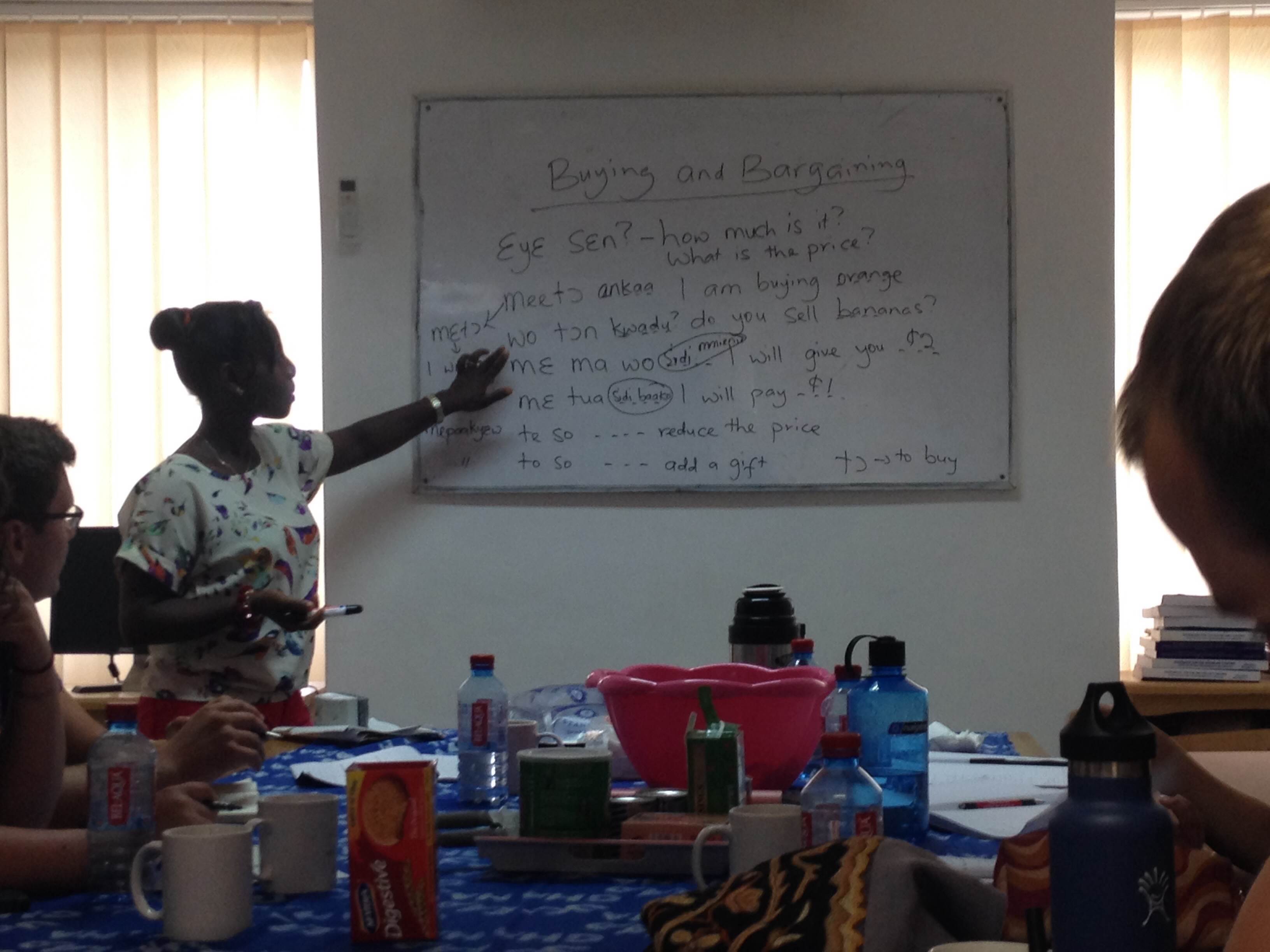Hospitals and Homes in Ghana: Rewards in Intensity
- Muhammad Mudassir Afzal
- Jul 31, 2015
- 2 min read
Written by Chelsea Weir and Julia Feindt, 2015 Ghana: Global Health
Our second week in Ghana was very educationally dense and emotionally challenging. We covered a broad spectrum of topics related to the overall health of Ghanaians. The facilities and organizations we visited over the week included the University of Ghana Legon, Korle Bu Teaching Hospital, the National Tuberculosis Control Program, the National AIDS Control Program, and the Orthopaedic Training Center in Nsawam. We were also able to learn some of the basics of the Twi language to navigate around Accra.

Not only did we learn about the health issues that Ghanaians commonly face, but we also explored the culture and history through a day-long scavenger hunt covering a wide range of topics such as politics in Ghana, learning the national anthem, understanding the differences between hiplife and highlife music, and naming Ghanaian football stars around the world. We were also able to try our hand at making some local foods. With the help of some local friends, we prepared pepper soup with fufu, a native dish that is made out of boiled plantain and cassava pounded together.

However, the one experience in Accra this week that will be forever engrained in our minds would be our visit to the Old Fadama community, which forms Ghana’s largest slum. It was an eye-opening experience as we were able to speak with some women whose homes had been demolished just about a month prior by the Ghanaian government who gave no notice or reason before destroying a large portion of the community. This destruction was so devastating because most of its population had migrated from Northern Ghana in hopes of a new beginning and a means of financially supporting their families. Deprived of shelter, a basic human right, these individuals have to work even harder in order to advance in society. The Kayayei Youth Association as well as Ghana Federation for the Urban Poor were working very hard to advocate on behalf of the community for their right to remain on the land and as well provide necessary social services that have been neglected by the government, such as the running of schools and clinics.
Although the people of Old Fadama often struggle with daily life, it was also important for us to acknowledge their resilience.
All in all, the week was very rewarding despite its intensities. Our greatest fear is not change itself, but not changing at all after learning all that we have.

Comments